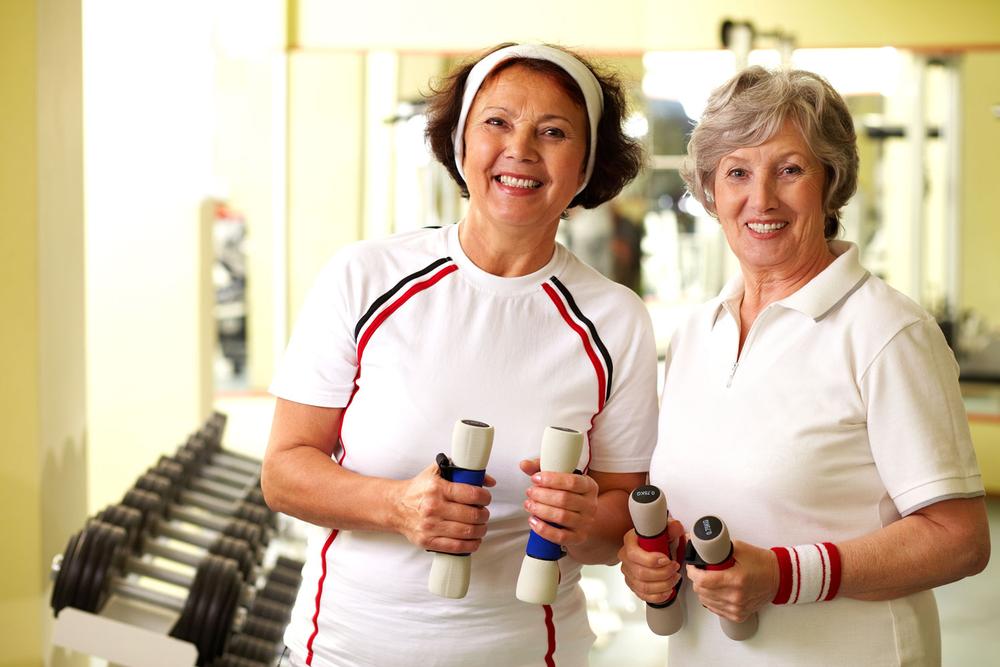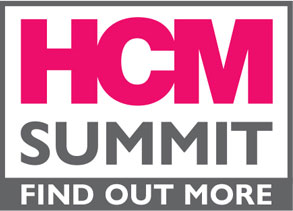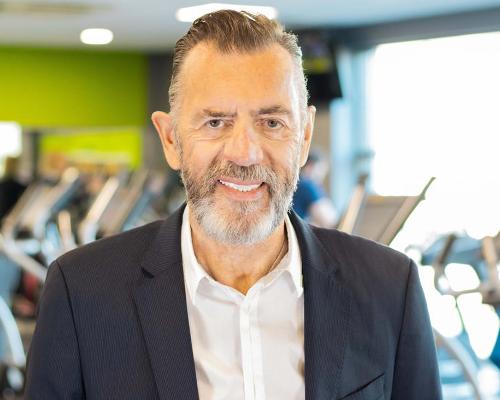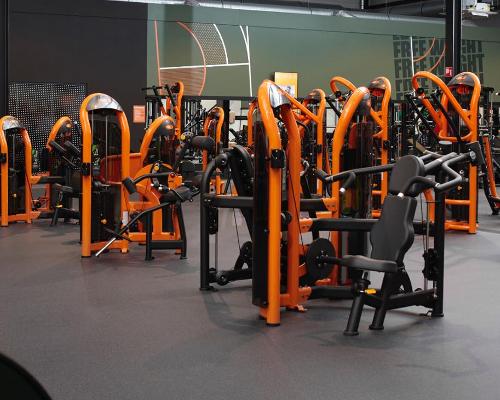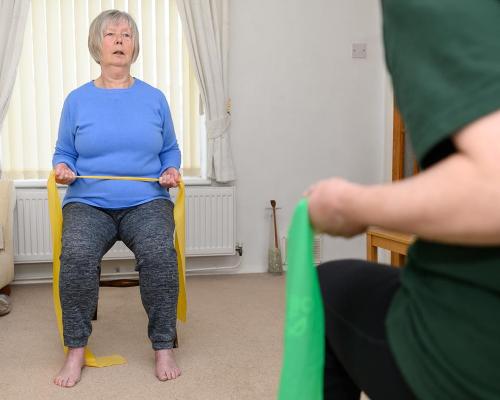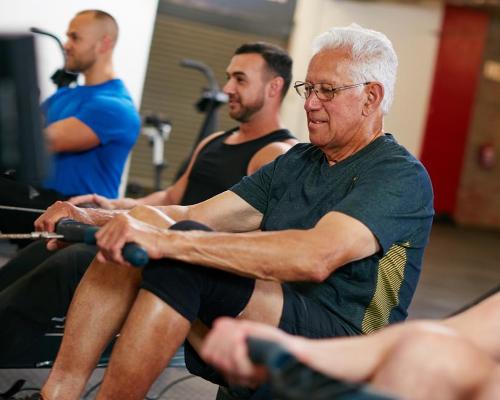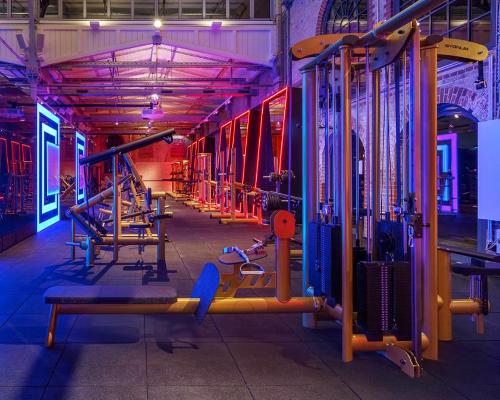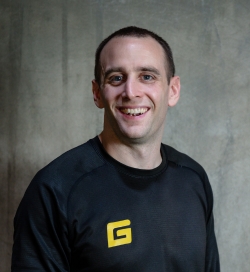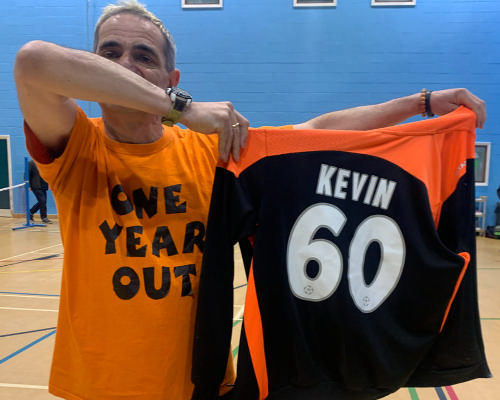features
Embracing health
2014 will be the year fitness organisations decide whether they want to play a recognised role within the health sector
Every year, when the time comes around to writing this feature, I get tempted into making a whole range of predictions. I suppose the advantage of doing so is that I spread my bets, making it a certainty that at least a few of them will come off.
This year I’m going to take a risk and go all-out with one single prediction. So here it is: 2014 is going to be the year that organisations within our industry decide whether they want to truly make an impact on the health of the nation and play a recognised role as part of the health sector.
Not for everyone
This isn’t going to be for everyone and we have to recognise that. Our industry is not homogenous but a mix of models serving different needs. Together it helps 7.9 million people get fit, stay healthy and enjoy themselves, in the large independent of taxpayer funding. One million people flood through the doors every day and long may that continue. I have no doubt that 2014 will see yet more innovation across the sector, ensuring that these people are served better, kept longer and satisfied to an even greater degree, and that should be championed and recognised.
My prediction relates to the parts of the sector that hold aspirations of being recognised as part of the health and wellbeing infrastructure of the UK. The motivations for doing this are varied, from the local authority operator expected to deliver on a wider set of social outcomes than simply keeping the leisure centre doors open, to the private sector VC-backed behemoth conscious that the valuations of health sector companies dramatically place those traditionally seen in the fitness industry in the shade.
My prediction is that 2014 will be the year that the sector starts to realise what this ambition means and will begin to be held to account for delivering against it.
Stepping up
By that, I mean that the parts of the industry that want to engage with this agenda are going to find it increasingly hard to hold aspirations of delivering on the health agenda, hold contracts to do so and market themselves as such when regulations around sunbed use are not rigorously adhered to, when their cafés are stuffing kids’ mouths with chicken nuggets, and when they’re tricking customers into thinking there’s any shortcut to weight loss beyond reducing portion sizes, improving quality of food intake and reducing consumption of sugar.
By that, I mean that the parts of the industry that want to engage with this agenda are going to have to move closer to the objectives of the organisations they seek to work in partnership with. This means that championing our long-heralded goal of simply ‘more people, more active, more often’ will not be enough. It’s time to go further by getting more specific. Our colleagues in the health sector have one single goal of tackling health inequalities. Where this is most profound in our area is among people who are completely inactive: Active People shows that, for every one member of a health club or leisure centre, there are two people who do not achieve a total of 30 active minutes, made up of at least 10 minute chunks, in the course of 28 days. This group of the population is at the greatest health risk, but is also the group for whom we can deliver the greatest health gains by simply getting them moving a little, even if not enough to meet the CMO guidelines.
By that, I mean that the parts of the industry that want to engage with this agenda are going to have to develop evidenced-based programmes, products and solutions to tackle inactivity. This means a new increased culture of evidence, proving the outcomes of what’s being offered. The ukactive Research Institute has a major role to play here, but independent of what its work has achieved, a relentless approach to proving the efficacy of the actual products – not just the ingredient of exercise – has to be put in place.
I was recently attacked by an oncologist citing the latest evidence that physically active cancer survivors can reduce their chance of relapse or death through cancer by 50 per cent. I was informed that, if the pharma industry had a pill that could deliver such savings, it would be making billions and saving hundreds of thousands of lives across the globe. Yet we still lack evidence-based pathways to show that we can deliver those outcomes in the real world and not in the lab.
By that, I mean that the parts of the industry that want to engage with this agenda are going to have to really look at how they are perceived by their stakeholders and local communities – whether they are truly seen as caring and kind organisations, genuinely motivated by making a difference to health and wellbeing. Corporate social responsibility will need to be redefined to mean more than giving to charity, but rather future-proofing our industry by stepping up and delivering the changes to society that we’re capable of.
Despite the monumental growth of our sector over recent decades, physical activity levels have declined 20 per cent since 1961; forecasts are for a further decline of 15 per cent by 2030. The pool from which operators can find active fish is contracting as the tide of inactivity continues unabated. No-one else has more ability to influence this agenda than our sector, and organisations that want to deliver on the health agenda shouldn’t wait for government, public health or the medical community to act. Such is the position we are in – with the facilities, footprint, staff and expertise we hold in our control – that arguably we have a shared ‘corporate social responsibility’ to act now. It’s also in our own interests to do so: for the long-term future of our sector to be assured, we have to turn the tide of inactivity.
Influencing government
For our part at ukactive, tackling the inactivity epidemic means recognising that we too have to get more focused in our message on how we go about improving the health of the nation.
We’re now approaching the election cycle, with the clock running down to the expected election in 2015. That means the major political parties will be setting their manifestos and the priority they will attach to improving public health within them. It’s time to champion the impact that turning the tide of inactivity could have.
We know that if everyone in England alone did the recommended 150 minutes of moderate physical exercise every week, it would save 37,000 lives each year, lead to nearly 300,000 fewer cases of type 2 diabetes, and prevent over 12,000 people going to hospital for emergency coronary heart disease treatment.
A cross-party political commitment is needed to a fundamental realignment in public health priorities, to create a focus on inactivity comparable to the focus on Olympic gold medals. This must be reflected in local strategies, designed by local public health directors within local authorities, working with a broad range of local partners. However, this must be delivered on the ground by a new breed of health sector-savvy operators who understand the complexities of the health agenda, and the risks it brings, but are not frightened by it. Encouraged by the prospect of playing a wider societal role or improving their valuations – or both – operators now have to make a decision about whether they want in on this agenda.
Doing so will need investment of time, energy and resources. The rewards, aside from improving the health of the nation, are vast. The time for talking about the value of our sector for the health of the nation has gone. Now is the time to make it happen.
For further information
For ongoing updates, visit:
Web www.ukactive.com



